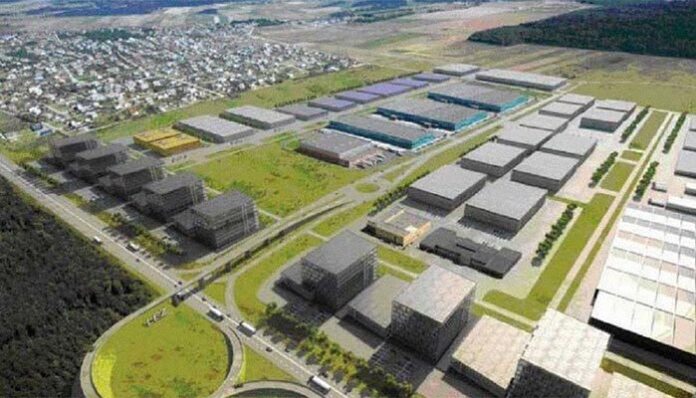The Board of Investment (BoI) has completed a nationwide survey of Special Economic Zones (SEZs), incorporating aerial and drone-based evaluations to assess resources and challenges, according to Associated Press of Pakistan. The initiative, led by Minister for BoI, Privatization, and Communications Abdul Aleem Khan, aims to address gaps and position SEZs as key drivers of Pakistan’s industrial growth. This is despite the federal government having agreed to an IMF condition under the Extended Fund Facility to not extending incentives for existing SEZ’s, and a ‘ban’ on establishing new SEZ’s.
During a high-level meeting, the minister disclosed plans for over 150 reforms, including environmental-friendly policies under the Green Pakistan Investment model and infrastructure improvements such as connecting the Karachi industrial zone to Port Qasim. He emphasized relocating industries from China to SEZs as a priority while encouraging other nations to invest in these zones.
To enhance investor confidence, the BoI introduced measures like one-window operations, strengthened security, and rapid resolution of longstanding SEZ challenges. The minister directed the preparation of a presentation for the Prime Minister and proposed forming a “Pride of Pakistan” group for foreign investors, showcasing their contributions and facilitating collaborations.
Key discussions at the meeting included establishing a Business Facilitation Center, advancing the “Asaan Karobar Act 2024,” and expanding coordinated engagement with international investors via Pakistani embassies. The Federal Secretary BoI highlighted significant progress in addressing investor concerns and future plans to strengthen SEZ operations.
Since its inception under the SEZ Act of 2012, Pakistan’s SEZ framework has offered fiscal incentives, such as tax holidays and customs exemptions, to attract foreign direct investment (FDI) and promote industrialization. Currently, 21 SEZs are operational or under development, with several integrated into the China-Pakistan Economic Corridor (CPEC) initiative. These zones provide streamlined regulatory processes, uninterruptible utility services, and high-quality infrastructure for industries.
Despite progress, challenges persist, including delayed infrastructure funding and incomplete utility provisions. Recent reports from BoI’s SEZ Management Information System (MIS) highlight efforts to enhance transparency and expedite project implementation, aiming to maximize the zones’ economic impact.
SEZs remain pivotal for Pakistan’s economic ambitions, fostering employment, technology transfer, and export growth while reducing reliance on imports. The BoI’s initiatives aim to ensure these zones become competitive, environmentally sustainable hubs that attract significant local and global investments.
























